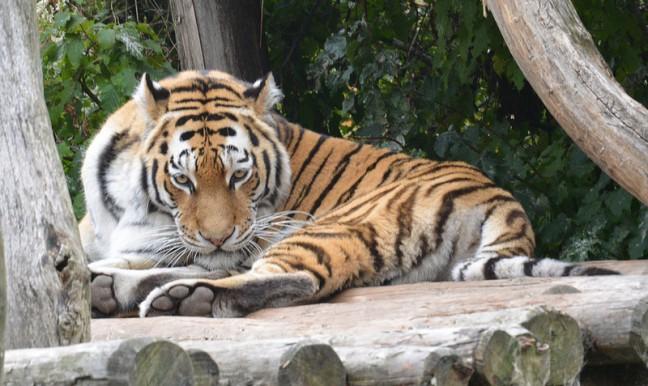Following a 2011 exotic animal incident in Ohio, the Wisconsin Legislature recently took up a bill that aims to better regulate the ownership and import of exotic animals into the state.
In the rural town of Zanesville, Ohio, resident Terry Thompson released 56 exotic animals, including bears, tigers, lions and monkeys, into his hometown October 18, 2011. As a result of the release, 49 of the animals were killed and many called for a new assessment of exotic animal ownership laws.
According to the bill’s cosponsor Sen. Fred Risser, D-Madison, the Department of Natural Resources only issues permits to animals native to Wisconsin, leaving a gray area for non-native exotic animals such as tigers and lions.
“Harmful wild animals shouldn’t be brought into Wisconsin; if they get out they create all sorts of problems,” Risser said. “The new policy would prohibit their import into Wisconsin in the first place.”
He said although there would still be a grandfather clause that would allow current owners to maintain possession of their exotic animals, the goal would be to eliminate the private ownership of exotic animals from the state.
Members of the animal rights advocacy group People for the Ethical Treatment of Animals said legislation restricting private exotic animal ownership is necessary.
“Private ownership has reached epidemic levels in the United States,” said PETA spokesman Ryan Huling. “It’s estimated that there are at least 15,000 privately owned tigers in the United States alone.”
According to Huling, there are several organizations in the United States which deal almost exclusively in exotic animal trading.
An undercover investigation into a California company, Global Captive Breeders, led by PETA, revealed inhumane conditions for wild reptiles. Huling said that the company, which was similar to an exotic pet store, was mistreating the animals.
He also said private animal owners are incapable of providing for exotic animals.
“It’s virtually impossible for private citizens to care for exotic animals,” Huling said. “Most live barren and boring lives. They have no means to fulfill their instinctual desires which leads to psychotic behaviors such as self-mutilation, head bobbing and incessant pacing from lack of stimulation.”
According to Huling, only sanctuaries where animals are able to roam free, instead of being put on display, are truly humane.
[Photo by Flickr user Alois Staudacher]

















